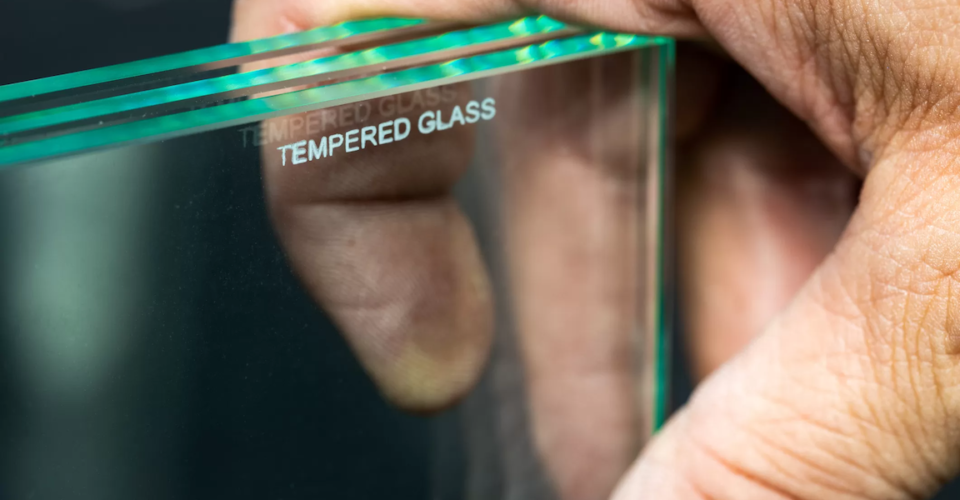Tempered glass, often referred to as toughened glass, is renowned for its strength and safety properties. It is manufactured through a process of extreme heating and rapid cooling which makes it much tougher than standard glass. This overview, supported by insights from Apex Tempered Glass, explores the unique properties and safety features of tempered glass, highlighting why it is an optimal choice for various applications, particularly in safety-critical environments.
Properties of Tempered Glass
Tempered glass is designed to meet more rigorous safety standards compared to regular glass. Here are some of its key properties:
- Strength: Tempered glass is significantly stronger than standard glass due to the stresses induced during the tempering process.
- Safety: When broken, it shatters into small, blunt pieces that are less likely to cause injury, unlike the sharp shards of regular glass.
- Thermal Resistance: It can withstand higher temperatures and sudden changes in temperature, making it ideal for situations where high heat is a factor.
Safety Features and Breakage Patterns
One of the most important features of tempered glass is its breakage pattern. The tempering process puts the outer surfaces into compression and the inner surfaces into tension. Consequently, when tempered glass breaks, it crumbles into small granular chunks instead of splintering into jagged shards. This characteristic significantly reduces the risk of injury, making tempered glass a preferred material in public spaces, vehicles, and various household applications.
Applications of Tempered Glass
Tempered glass is utilized in a multitude of settings, showcasing its versatility and effectiveness. Some common applications include:
- Automotive Industry: It is widely used in side and rear windows in vehicles. Its strength and safe breakage pattern make it ideal for protecting passengers in the event of an accident.
- Building and Construction: Tempered glass is a popular choice for balustrades, facades, shower doors, and glass doors. It is also used in skyscraper windows and curtain walls to withstand wind pressure and thermal stress.
- Home Appliances: Many manufacturers use tempered glass in oven doors and in other appliances that require durability and heat resistance.
- Mobile Devices and Computer Screens: It provides a durable and resistant surface that protects electronic devices from scratches, drops, and heat.
Why Choose Tempered Glass?
Choosing tempered glass comes with a number of benefits:
- Enhanced Safety: Its breakage pattern minimizes the risk of injury, which is essential in public areas and residential spaces.
- Long-Term Durability: It lasts longer and stands up better against environmental challenges like wind, heat, and physical impact.
- Cost-Effective: While more expensive than regular glass, the longevity and lower replacement costs of tempered glass make it a cost-effective option over time.
- Environmental Resistance: Its ability to withstand temperature variations makes it suitable for both indoor and outdoor applications.
Accessing Tempered Glass Services
For those interested in using tempered glass, whether for construction projects, vehicle manufacturing, or other applications, apextemperedglass.com/glass-types/tempered-glass/ offers a range of solutions. They provide customized tempered glass products tailored to meet specific safety and design requirements.
Tempered glass stands out as a superior choice for a myriad of applications due to its safety, strength, and versatility. It continues to be a preferred material in industries that prioritize durability and safety. Whether in automotive safety, architectural integrity, or everyday appliance use, tempered glass offers an effective solution to meet rigorous demands, ensuring safety without compromising on visibility or aesthetics.

